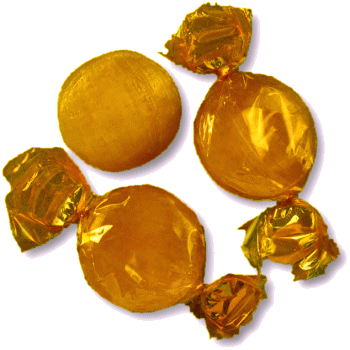




WELCOME TO AN ENTERTAINMENT SITE FOR SCOTTISH COUNTRY DANCERS!
Enjoy this curated selection of theme-related dances for celebrations and holidays, or find a dance associated with a special calendar day, or EVEN your own birthday!
Antique representation of the constellation of Canis Major with Sirius, the Dog Star
Aug 11

The Dog Days of Summer
Sirius
Other Scottish Country Dances for this Day
Today's Musings, History & Folklore
"In the mangrove swamps
Where the python romps
There is peace from twelve till two
Even caribous
Lie around and snooze
For there's nothing else to do
In Bengal to move at all
is seldom, if ever done
But mad dogs and Englishmen
Go out in the midday sun!"
~ Mad Dogs and Englishmen, Noel Coward, 1931
Are the sweltering Dog Days of summer making dancing a sizzling prospect? Thankfully, they are, at least astronomically speaking, ending soon. The sultry, windless stretch known as the Dog Days, often associated with lethargy, fever, and sudden thunderstorms, were linked by ancient Greek astrology to the rising of Sirius, the brightest star in the sky known as the Dog Star, residing in the constellation Canis Major. This period traditionally runs from early July to mid-August, depending on latitude and various cultural or liturgical traditions. The Greeks believed that Sirius's reappearance brought about many ill effects, causing plants to wilt, men to weaken, and women to become excessively amorous! Those who suffered under its influence were said to be "astroboletos" or "star-struck." So, "Siriusly," folks! Mind yourself when dancing this strathspey in the noonday sun and don’t get tangled up in the four-couple Knot in the final figure! 🐕 🐩 🐕 🐶 🐾 🐾 🐾 ⭐
Sirius
Today marks the end of the Dog Days of summer, a sultry part of the summer, occurring during the period that Sirius, the Dog Star, rises at the same time as the sun. Now often reckoned from July 3 to August 11, the Dog Days have come to mean a period marked by lethargy, inactivity, or indolence.
Sirius is a multiple star system and the brightest star in the Earth's night sky. With a visual apparent magnitude of −1.46, it is almost twice as bright as Canopus, the next brightest star. The name "Sirius" is derived from the Ancient Greek (Seirios), meaning "glowing" or "scorcher".
Also known colloquially as the "Dog Star", reflecting its prominence in its constellation, Canis Major, the rising of Sirius marked the flooding of the Nile in Ancient Egypt and the "dog days" of summer for the ancient Greeks, while to the Polynesians in the Southern Hemisphere, the star marked winter and was an important reference for their navigation around the Pacific Ocean.
The ancient Greeks observed that the appearance of Sirius heralded the hot and dry summer, and feared that it caused plants to wilt, men to weaken, and women to become aroused! Due to its brightness, Sirius was noted to twinkle more in the unsettled weather conditions of early summer. To Greek observers, this signified possible emanations with a malignant influence. Anyone suffering its effects was said to be "astroboletos" or "star-struck".
Because of its association with the constellation of Orion, as the Hunter's dog, the Ancient Greeks thought that Sirius's emanations could also affect dogs adversely, making them behave abnormally during the "dog days," the hottest days of the summer. The excessive panting of dogs in hot weather was thought to place them at risk of desiccation and disease.
Homer, in the Iliad, references the association of "Orion's dog" (Sirius) with oncoming heat, fevers and evil, in describing the approach of Achilles toward Troy:
Sirius rises late in the dark, liquid sky
On summer nights, star of stars,
Orion's Dog they call it, brightest
Of all, but an evil portent, bringing heat
And fevers to suffering humanity.
For more on the many cultural and symbolic associations of the rising of the Dog Star, click the constellations, showing Orion the hunter and his dogs.
Click the dance cribs or description below to link to a printable version of the dance!




